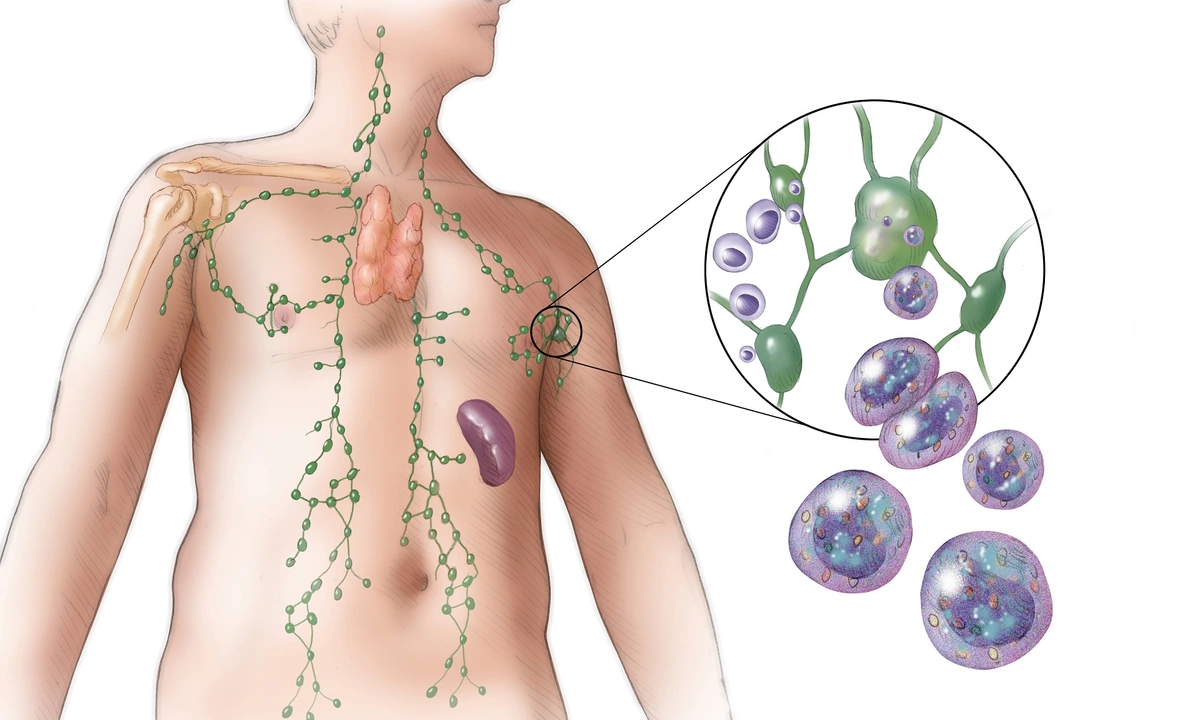Fertility: Practical Tips, Tests, and Simple Steps to Improve Your Chances
Trying to get pregnant can feel confusing and emotional. Fertility isn't mysterious — there are clear steps you can take right now to improve your odds. This page gives straightforward, practical advice: how to track your cycle, what tests matter, when to see a doctor, and daily habits that actually help.
Quick facts: timing, testing, and when to act
Timing matters. The fertile window is the 5 days before ovulation plus the day of ovulation. Use ovulation predictor kits, track basal body temperature, or watch for cervical mucus changes to spot that window. If you're under 35 and haven't conceived after 12 months of regular trying, see a fertility specialist. If you're 35 or older, get help after 6 months.
Basic tests are simple: a semen analysis for the male partner, and blood tests for the female partner to check hormones like AMH, FSH, and progesterone. Your doctor may also suggest a pelvic ultrasound or a hysterosalpingogram to check fallopian tubes. These tests point to the next steps without guesswork.
Practical steps you can start today
Small changes add up. Stop smoking and cut back on alcohol. Aim for a healthy BMI — both low and high body weight can affect ovulation. Keep caffeine moderate. Sleep well and manage stress; chronic stress can disrupt hormones. Try to have sex every 1–2 days during the fertile window rather than once a week.
Supplements can help in some cases. A daily prenatal vitamin with folic acid is a smart start for anyone trying to conceive. Vitamin D and omega-3s may help if you have a deficiency — check with your doctor before starting new pills. If you have PCOS, insulin-sensitizing approaches (diet, exercise, sometimes metformin) can restore regular cycles and improve chances.
If there are known issues — blocked tubes, low sperm count, or repeated losses — treatments range from simple meds to assisted reproduction. Common first-line options include ovulation induction (letrozole or clomiphene), intrauterine insemination (IUI), and in vitro fertilization (IVF). Your fertility team will explain risks, costs, and likely success rates so you can choose what fits your situation.
Keep records. Note cycle length, test results, dates of intercourse in the fertile window, and any symptoms. Good notes save time and help your clinic make smart recommendations. Ask for clear next steps at each visit so you know what to expect in the short term.
Want more reading? On this site we cover related topics like Alesse birth control (useful when stopping contraception), Provera shots and period management, and guides on lifestyle and supplements that impact fertility. Read those articles for deeper, practical help.
If you’re worried or feel stuck, a short visit with a reproductive specialist is the fastest way to get tailored answers. Fertility care is very treatable for many people — the right tests and clear steps make a big difference.

Lymphoma and Fertility: What Patients Need to Know
As a lymphoma patient, I've learned that it's essential to be aware of the potential impact on fertility. Lymphoma treatments like chemotherapy and radiation can affect one's ability to conceive, so it's important to discuss fertility preservation options with your healthcare team. There are options like sperm or egg freezing, which can help to preserve fertility before treatment begins. It's crucial to address these concerns early on, as the best time for fertility preservation is often before starting treatment. Remember, being informed and proactive can make a significant difference in your fertility journey while battling lymphoma.
Detail